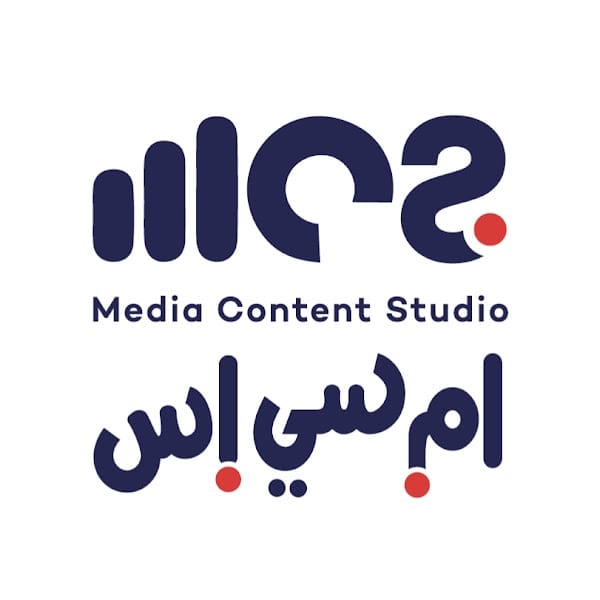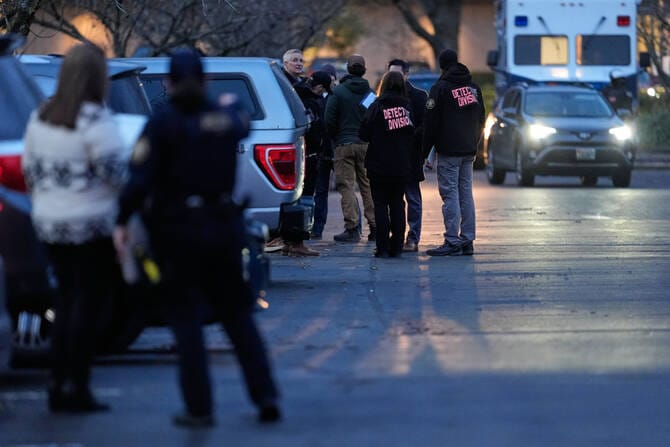Europeans launch UN sanctions process against Iran

Britain, France and Germany on Thursday launched a 30-day process to reimpose UN sanctions on Iran over its disputed nuclear program, a step likely to stoke tensions two months after Israel and the United States bombed Iran.
A senior Iranian official quickly accused the three European powers of harming diplomacy and vowed that Tehran would not bow to pressure over the move by the E3 to launch the so-called “snapback mechanism.”
The three powers feared they would otherwise lose the prerogative in mid-October to restore sanctions on Tehran that were lifted under a 2015 nuclear accord with world powers.
French Foreign Minister Jean-Noel Barrot said the decision did not signal the end of diplomacy. His German counterpart Johann Wadephul urged Iran to now fully cooperate with the UN nuclear watchdog agency and commit to direct talks with the United States over the next month.
A senior Iranian official told Reuters the decision was “illegal and regrettable” but left the door open for engagement.
“The move is an action against diplomacy, not a chance for it. Diplomacy with Europe will continue,” the official said, adding: “Iran will not concede under pressure.”
The UN Security Council is due to meet behind closed doors on Friday at the request of the E3 to discuss the snapback move against the Islamic Republic, diplomats said.
Iran and the E3 have held several rounds of talks since Israel and the US bombed its nuclear installations in mid-June, aiming to agree to defer the snapback mechanism. But the E3 deemed that talks in Geneva on Tuesday did not yield sufficient signals of readiness for a new deal from Iran.
The E3 acted on Thursday over accusations that Iran has violated the 2015 deal that aimed to prevent it developing a nuclear weapons capability in return for a lifting of international sanctions. The E3, along with Russia, China and the United States, were party to that accord.
US President Donald Trump pulled Washington out of that accord in 2018 during his first term, calling the deal one-sided in Iran’s favor, and it unraveled in ensuing years as Iran abandoned limits set on its enrichment of uranium.
Trump’s second administration held fruitless indirect negotiations earlier this year with Tehran.
US Secretary of State Marco Rubio welcomed the E3 move and said Washington remained available for direct engagement with Iran “in furtherance of a peaceful, enduring resolution to the Iran nuclear issue.”
An Iranian source said Tehran would do so only “if Washington guarantees there will be no (military) strikes during the talks.”
The E3 said they hoped Iran would engage by the end of September to allay concerns about its nuclear agenda sufficiently for them to defer concrete action.
“The E3 are committed to using every diplomatic tool available to ensure Iran never develops a nuclear weapon,” including the snapback mechanism, they said in a letter sent to the UN Security Council and seen by Reuters.
“The E3’s commitment to a diplomatic solution nonetheless remains steadfast.”
Iran has previously warned of a “harsh response” if sanctions are reinstated, and the Iranian official said it was reviewing its options, including withdrawing from the nuclear Non-Proliferation Treaty.
The E3 had offered to extend the snapback for as much as six months to enable serious negotiations if Iran restored access for UN nuclear inspectors — who would also seek to account for Iran’s large stock of enriched uranium whose status has been unknown since the June war — and engages in talks with the US
Calling the E3 decision inevitable, Israeli Foreign Minister Gideon Saar said it was an “important step in the diplomatic campaign to counter the Iranian regime’s nuclear ambitions.”
Growing frustration in Iran
The UN process takes 30 days before sanctions that would hit Iran’s financial, banking, hydrocarbons and defense sectors are restored.
Russia and China, strategic allies of Iran, finalized a draft Security Council resolution on Thursday that would extend the 2015 nuclear deal for six months and urge all parties to immediately resume negotiations.
But they have not yet asked for a vote.
“The world is at crossroads,” Russia’s deputy UN Ambassador Dmitry Polyanskiy told reporters. “One option is peace, diplomacy, goodwill ... Another option is a kind of diplomacy at the barrel of the gun.”
The spectre of renewed sanctions is stirring frustration in Iran, where economic anxiety is rising and political divisions are deepening, three insiders close to the government said.
Iranian leaders are split over how to respond — with anti-Western hard-liners urging defiance and confrontation, while moderates advocate diplomacy.
Iran has been enriching uranium to up to 60 percent fissile purity, a short step from the roughly 90 percent of bomb-grade, and had enough material enriched to that level, if refined further, for six nuclear weapons, before the airstrikes by Israel started on June 13, according to the IAEA, the UN nuclear watchdog.
Actually manufacturing a weapon would take more time, however, and the IAEA has said that while it cannot guarantee Tehran’s nuclear program is entirely peaceful, it has no credible indication of a coordinated weapons project.
The West says the advancement of Iran’s nuclear program goes beyond civilian needs, while Tehran says it wants nuclear energy only for peaceful purposes.





